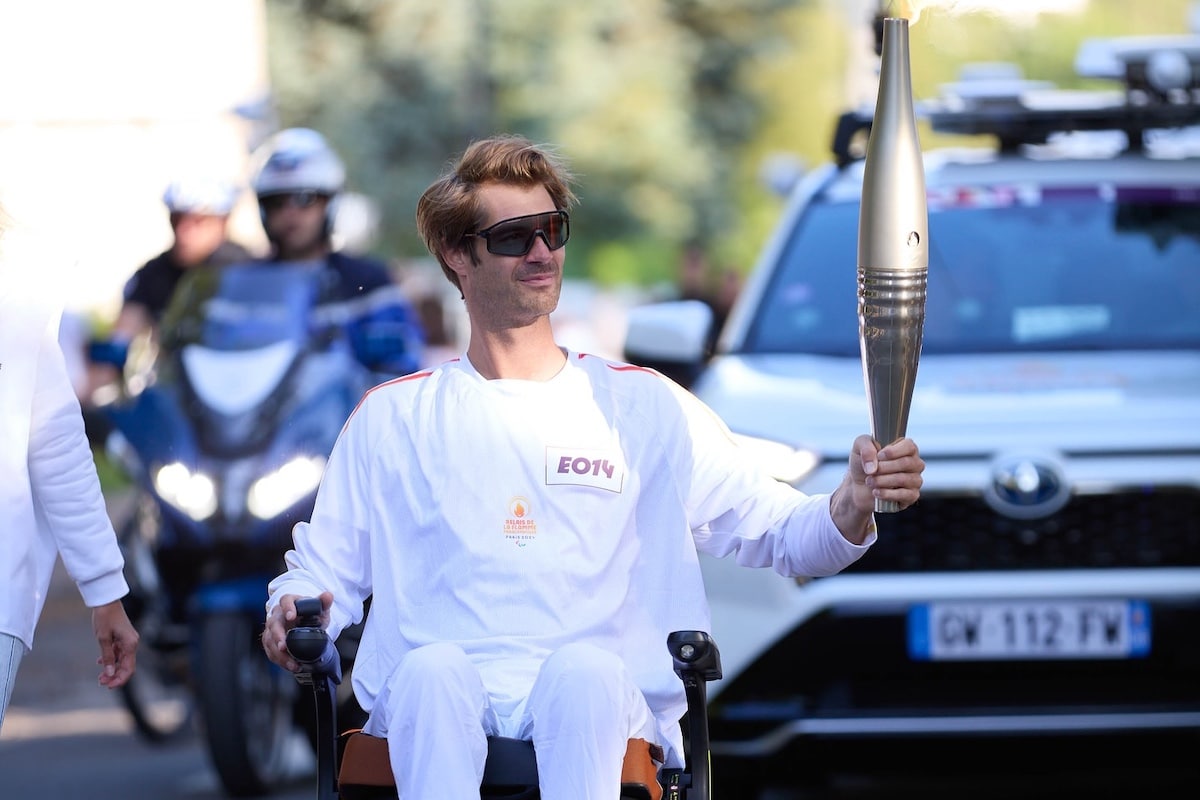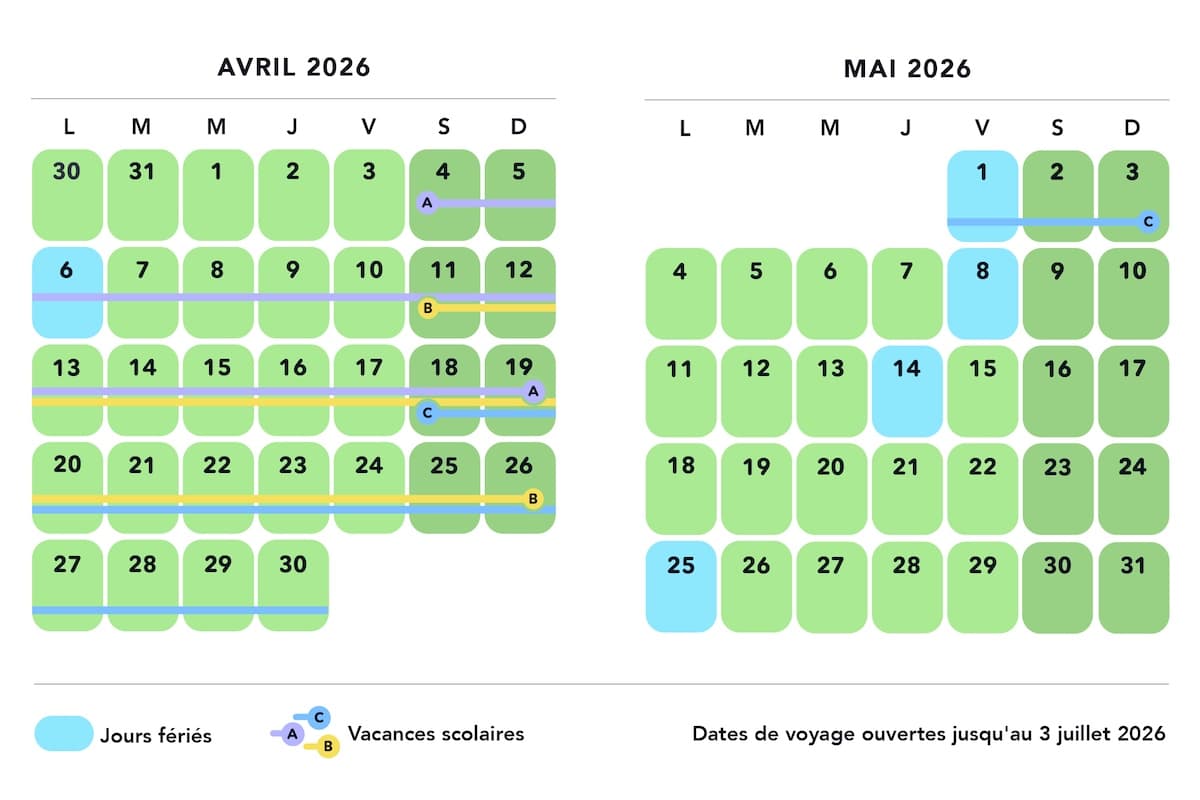TGV: Para-athlete fined for occupying a disabled person’s seat

Some stories lend themselves to nothing but a smile, and the mishap experienced by Axel Alletru blends blatant disrespect and stupidity.
Monday, January 13th, a scandalous scene took place on a high-speed train between Lille and Paris. Axel Alletru, a multi-medaled para-athlete in swimming and torchbearer for the Paris 2024 Paralympic Games, was ticketed for sitting in a seat reserved for people with reduced mobility (PRM), due to being unable to access his original seat located upstairs. A €149 fine issued by an insensible ticket inspector to his disability caused a wave of rightful outrage.
Axel Alletru was seriously injured in 2010 during a motorcycle race in Latvia. Becoming an “incomplete paraplegic,” he mostly moves around in a wheelchair. That day, in an emergency and equipped with crutches to retrieve a wheelchair in Paris, he discovered that the ticket purchased by a third party placed him upstairs, a position that is naturally inaccessible. Noticing free PRM seats on the lower level, he logically decided to sit there. But upon the arrival of the ticket inspector, despite his explanations and photos proving his habitual use of a wheelchair, she remained inflexible and issued him a fine.
The response of SNCF is equally disheartening. The company admits the facts and defends its agent, claiming that the ticket was non-compliant and that the adjustment was “legitimate.” The Director of Accessibility at SNCF Réseau, contacted by our colleagues at Le Parisien, even goes so far as to partially place blame on the athlete, suggesting he should have notified the conductors, six cars away, before sitting down.
Such a lack of empathy is all the more shocking given the positive messaging SNCF has promoted about its accessibility during the Paralympic Games. This incident highlights a systemic issue: the inaccessibility of transportation for people with disabilities and the lack of proper training for agents to handle such situations. For a society that prides itself on inclusion, this episode stains that reputation, and it’s unfortunately too late to backtrack and admit a clear mistake. A blunder, but also a stark reminder of the everyday struggles faced by people with disabilities. Just for that, thank you, Axel.
READ ALSO: Accessible go-kart racing for people with reduced mobility in Le Mans
This page is translated from the original post "TGV : un para-athlète verbalisé pour occuper une place pour handicapés" in French.
We also suggestthese articles:
Also read







